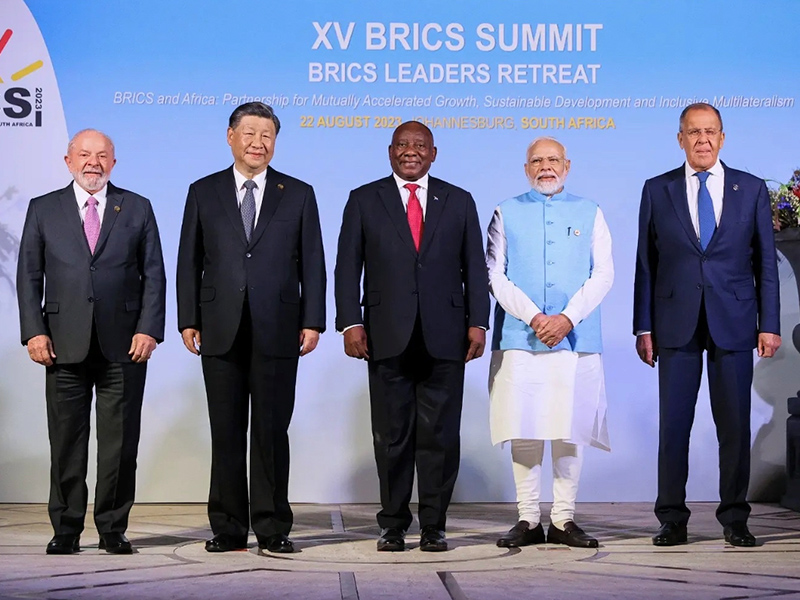
BRICS has called for a UN-led global AI governance framework focused on sovereignty, inclusivity, and collaboration. The bloc, now expanded with new members, seeks to shift digital power away from Western dominance. Tech companies are urged to prepare for a more multipolar and complex regulatory landscape.
Brics bridge-At the recent BRICS Foreign Ministers’ Meeting in Rio de Janeiro, the bloc issued a joint statement outlining its position on the global governance of artificial intelligence. Member states—Brazil, Russia, India, China, and South Africa—called for a United Nations-led framework that upholds national sovereignty, inclusive development, and multilateral cooperation. The statement emphasized the need for a more decentralized and equitable model for regulating emerging technologies.
The declaration endorsed the use of open-source models, equitable access to technology, and deeper scientific collaboration among countries of the Global South. With its expansion in 2025—welcoming countries such as Nigeria, Indonesia, Saudi Arabia, and Ethiopia—BRICS now holds greater influence in shaping international tech policies. The bloc made it clear that global digital governance should no longer be dominated solely by Western powers, signaling a political shift in the technological balance of power.
In conclusion, BRICS urged global tech companies to prepare for increasingly multipolar and complex regulatory environments. Analysts suggest that this stance will likely reshape the standards of AI governance and redefine the landscape of technological development and trade. The global tech community now awaits how major Western actors will respond to this emerging challenge.

